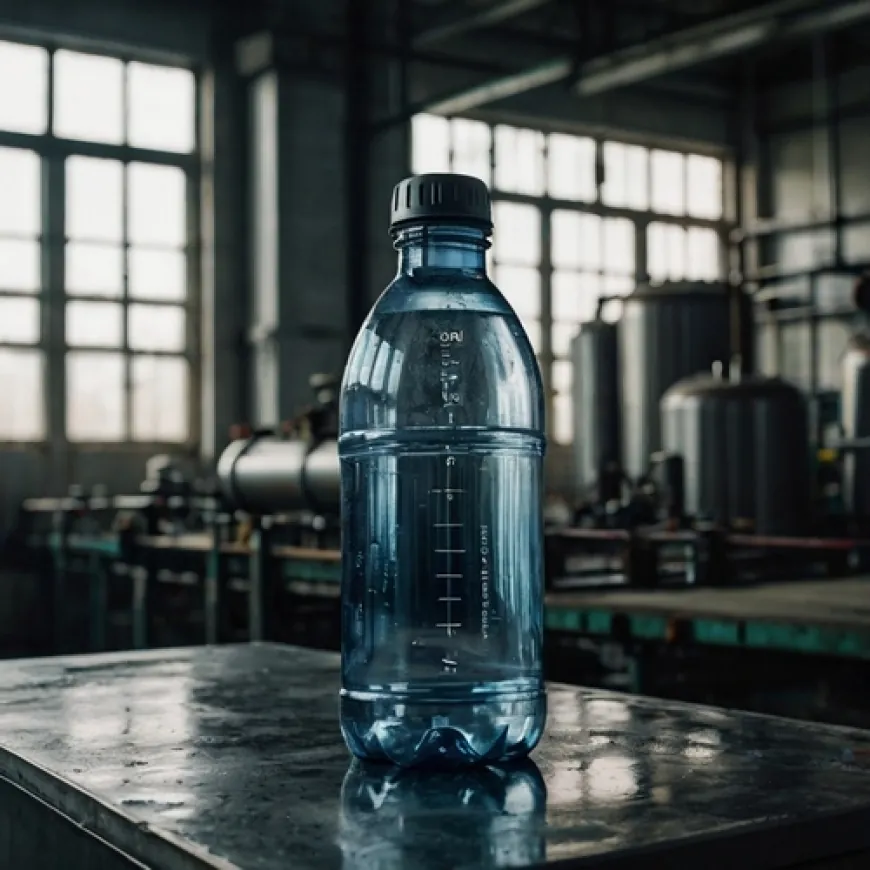Growing Demand in the Reusable Water Bottle Market by 2031
The Reusable Water Bottle Market has witnessed notable growth in recent years, driven by increasing environmental awareness and the demand for sustainable alternatives

The Reusable Water Bottle Market has witnessed notable growth in recent years, driven by increasing environmental awareness and the demand for sustainable alternatives. By 2031, this market is expected to see significant expansion as consumers and businesses shift from single-use plastics to eco-friendly products. With a projected rise in adoption, reusable water bottles are no longer seen as niche products but as essential daily items catering to a wide demographic.

Several factors are contributing to this upward trajectory, including heightened awareness of the environmental impact of plastic waste. Many governments worldwide have implemented regulations to reduce single-use plastics, thereby encouraging consumers to adopt reusable alternatives. This policy shift aligns well with broader consumer trends favoring green and sustainable products, particularly among younger demographics. As a result, reusable water bottles are gaining traction as both a lifestyle and environmental statement.
Moreover, companies are innovating with materials, designs, and features to meet diverse consumer needs. Brands now offer bottles in various materials, including stainless steel, glass, and BPA-free plastics, each appealing to different preferences. Insulated bottles, for example, cater to users who value temperature control, while collapsible options suit travelers and outdoor enthusiasts. The variety in functionality and aesthetics is a testament to the market's adaptability to consumer demands, which in turn fuels further market growth.
Advances in manufacturing and distribution have also played a crucial role. With economies of scale and lower production costs, reusable bottles have become more affordable. Online retail platforms and physical stores provide ample availability, enabling the market to cater to a global audience. Additionally, many companies now promote these products through educational campaigns, reinforcing the long-term benefits of reusables over disposables.
Sustainability continues to be a priority, pushing companies to innovate not only in the production process but also in recycling programs for worn-out bottles. This circular approach ensures a longer product lifecycle and minimizes environmental impact, which appeals to conscious consumers. Many brands even allow customers to return their used bottles for a discount on future purchases, creating a loyal customer base and enhancing brand value.
Overall, the Reusable Water Bottle Market by 2031 appears set for robust growth, driven by environmental policy shifts, consumer awareness, and technological advancements. As more people adopt sustainable habits, the demand for high-quality, versatile water bottles will continue to expand, underscoring the potential of this industry in the coming years.












